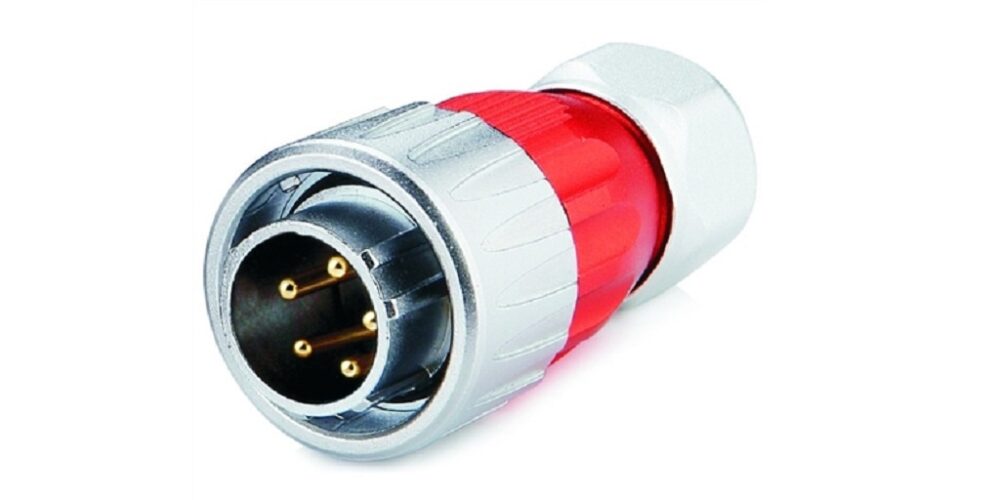In any industrial setting, it is no secret that accidents and injuries can happen. This is especially true if proper safety precautions are not taken but also if particular parts are of low quality, haven’t been changed when they were supposed to have been, or even have been left prone to the elements.
One vital component of an industrial setting that specifically needs to adhere to proper safety precautions, from every human to every mechanical part, is electricity. Electricity may be extremely helpful and arguably one of the best inventions of our time, but it can also be dangerous.
According to a study from the National Fire Protection Association (NFPA), a total of 739 workers died from exposure to electricity from 2012 to 2016. That is roughly three deaths every week for five years.
Considering this statistic, it is undeniable that electricity needs to be taken seriously– and that even includes the smaller parts, like industrial connectors. Let’s take a look now at these particular parts, their common types, and their uses.
What Are Industrial Connectors?
Industrial electrical connectors are plugs and sockets that provide an electrical connection from mains of higher voltage and currents than residential connectors. These particular connectors are typically used in polyphase systems.
There are four key types of industrial electrical connectors available: threaded connections, bayonet connections, in-line connectors, and electrical connector cabinet connections. But how exactly do these differ?
Threaded Connections
A threaded connection is a connection between two parts by –you guessed it– threads. These connections also come with a fuse in order to efficiently stop the potential of loosening over time. The connection may be a bit slow, but it is dependable.
Threaded connections are often used by the military and other industries that have larger dimensions and/or high vibrating environments.
Bayonet Connections
The bayonet connections are quite similar to the way a bayonet is mounted to a rifle. You plug in the “bayonet” part, or the plug, then twist it when it’s in place and that locks it. These are especially fast and dependable, many of which even provide a visual display of both connection and locking when done so properly.
These connections are excellent for withstanding harsh conditions, so it’s no wonder why they are often used in markets like mass transit, geophysics, and aerospace.
In-Line Connectors
An in-line connector has a matching pair of male and female connectors that come in pin or spherical configurations. These connectors are quite versatile as well, but they also offer a unique safety feature. When it’s plugged in incorrectly, the operator will know quickly as such because the machinery will resist operation.
These connectors are customizable, so they can be used in a variety of industries.
Electrical Connector Cabinet Connections
Proper connection is key for electrical connector cabinet connections, which is clear in the fact that they contain floating or resilient contacts, which make that happen. They also make the device they are used in significantly lighter, more reliable, and smaller.
These connections can be used on various machinery and other electrical equipment.
Where to Buy Industrial Connectors
Make sure that you are purchasing and using high-quality materials for automation. Entrust Major Electronix Corp. to supply you with such materials. They have a wide range of industrial connectors capable of high performance and reliable connections for any industry. Give them a call today at 800-966-2345.












